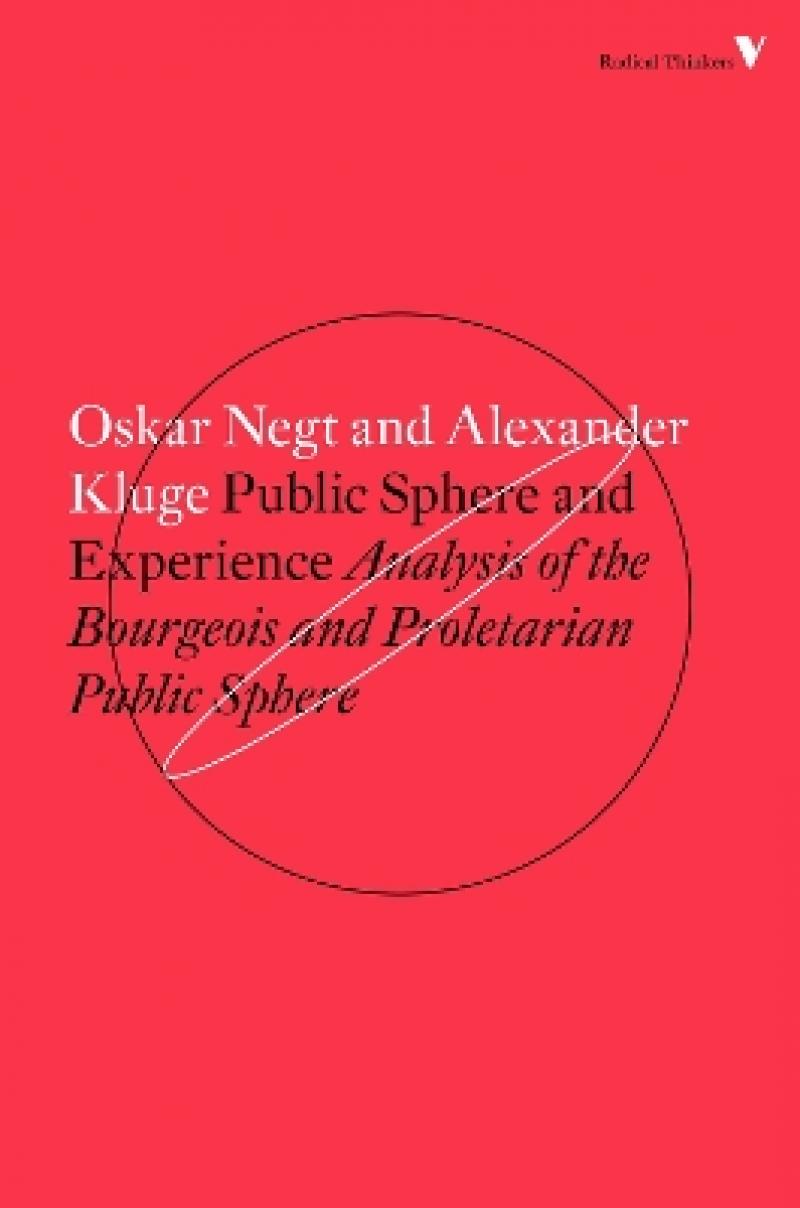Kluge is a direct link to many of the giants of 20th-century German art and ideas ... a polymath who moves between literature, philosophy and the moving image with equal facility, and has made decisive contributions to each of those fields.
- Sukhdev Sandhu, Financial Times
Two authors who, individually and collaboratively, have done much to shape post-war left-wing theory in Germany. Though less well-known in the English-speaking world, to a German readership they are familiar and key figures of critical theory.
Marx and Philosphy
With new, up-to-date introduction from Alexander Kluge.
Produktdetaljer
Biografisk notat
Oskar Negt is an award-winning filmmaker, a TV producer, theorist and editor, and owner of the Development Company for Television Production and Cairos Film Company. A student of Theodor Adorno and assistant to Jürgen Habermas, he is now Professor of Sociology at the University of Hannover.Alexander Kluge is one of the major German fiction writers of the late-20th century as well as film-maker, director, screenwriter and an important social critic. A contemporary of Theodor Adorno, he has won almost every German literary award, including the triennial Adorno prize in 2009.
